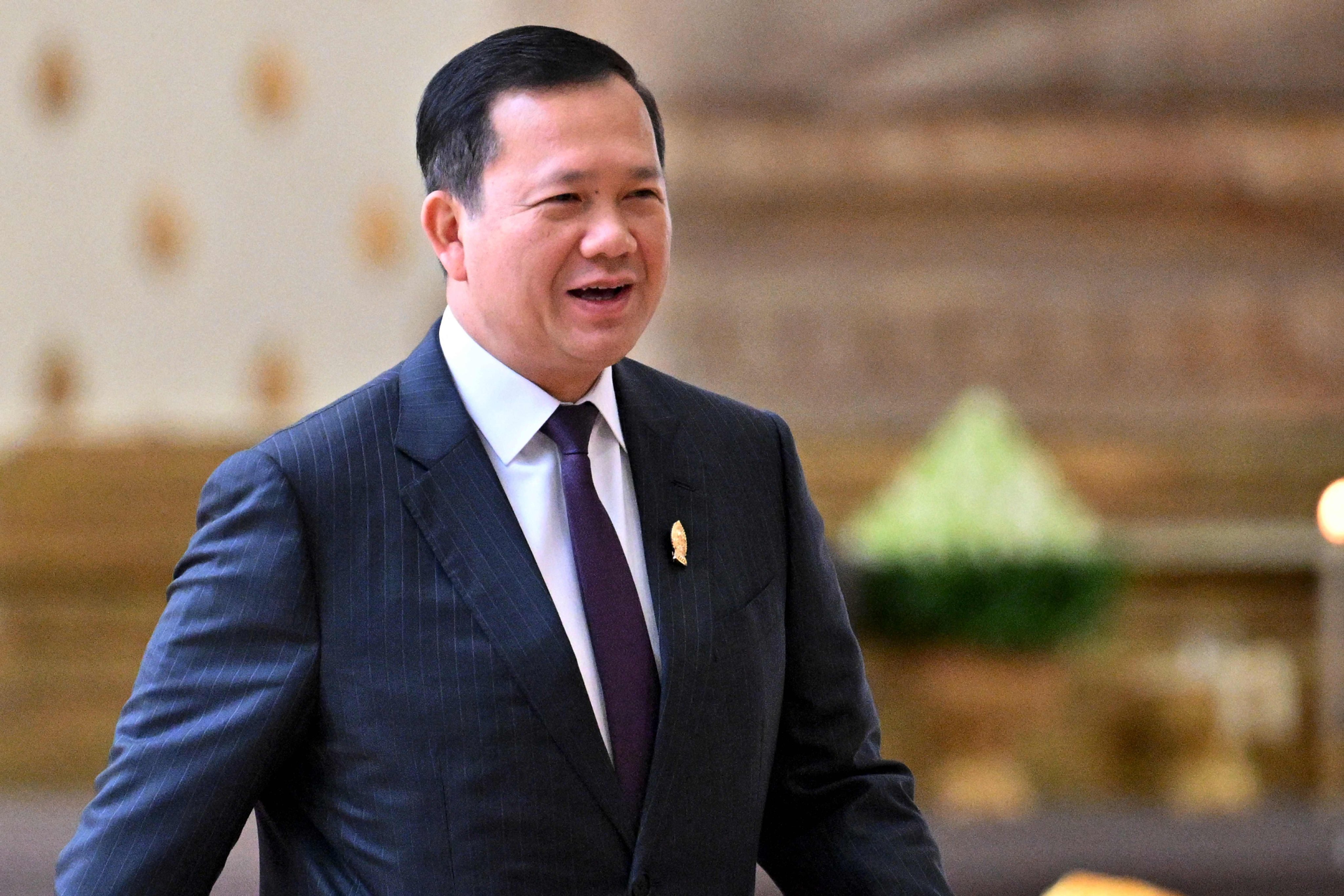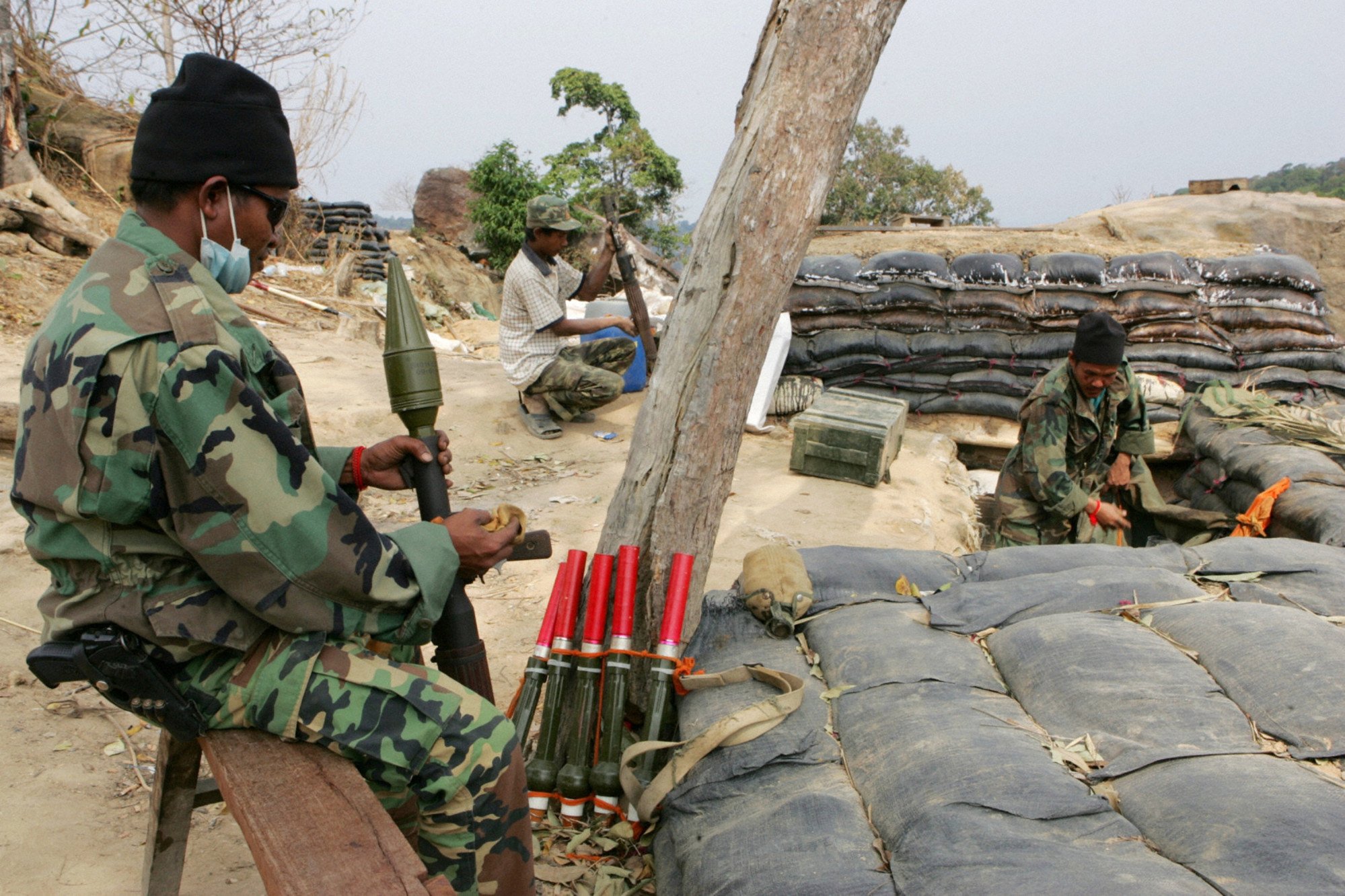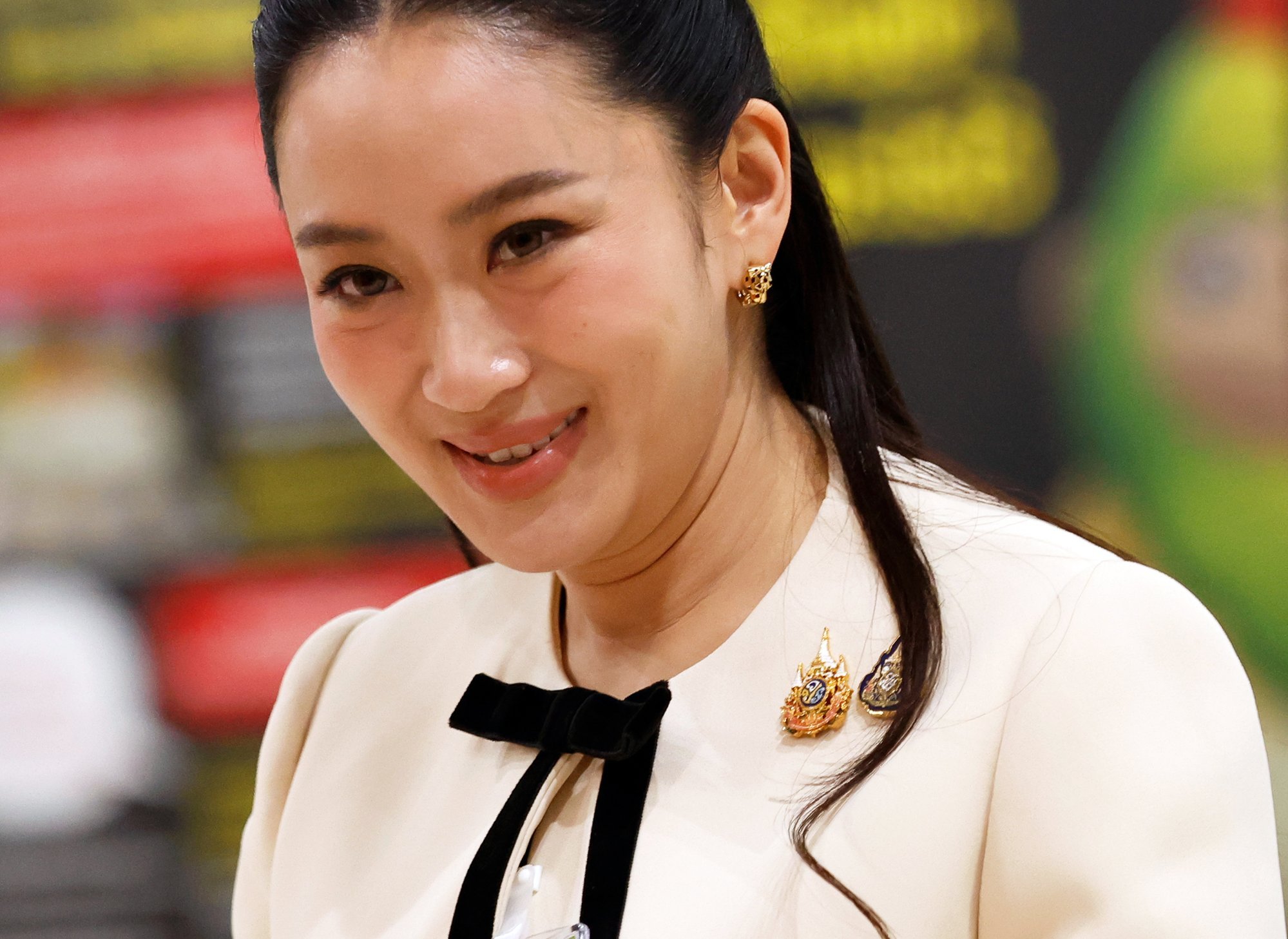Cambodia to lodge ICJ complaint over border dispute with Thailand
Thai authorities say Cambodian troops were inside a disputed area, but Phnom Penh has demanded an investigation into the ‘unprovoked attack’

Cambodia’s Prime Minister Hun Manet on Monday said his country would file a complaint with the International Court of Justice (ICJ) to adjudicate over its borders with Thailand, after a skirmish killed one Cambodian soldier and awoke dormant nationalist sentiment in both countries.
The flashpoint happened on May 28 as Cambodian troops patrolled in what their government insists was their side of the frontier with eastern Thailand.
Thai soldiers opened fire and in a 10-minute gunfight, one Cambodian soldier was killed. Thai authorities said the Cambodian troops were inside a disputed area – later producing photos of trenches allegedly dug by their counterparts in the contested zone inside a forest.
But Cambodia has demanded an investigation for what its foreign ministry has called “an unprovoked attack”. On Monday, its leader Hun Manet – the son of Cambodian strongman Hun Sen – said he would be escalating the diplomatic response.
“To prevent armed confrontation again”, Cambodia urged Thailand “to jointly bring these issues to the International Court of Justice”, Hun Manet told lawmakers, according to Agence France-Presse.

Border disputes between the two kingdoms have incendiary potential.
Dozens died on both sides in a years-long military stand-off near the 900-year-old Preah Vihar temple complex in Cambodia which began in 2008.
In 2013 the ICJ reaffirmed the site belongs to Cambodia.
That border dispute was revved up by ultranationalists on both sides of the frontier, and those same forces appear to be back in action.
While Thai and Cambodian leaders and generals have agreed to de-escalate, pulling troops back from the border, keyboard warriors in both countries have fanned tensions online.
“Let each Thai contribute one or 100 baht to build a wall along the border, so they don’t step on Thai soil again,” said one Thai Facebook user, while another called Cambodian troops “arrogant for daring to encroach on Thailand’s sovereign land”.
Saying the skirmish would not have happened under Prayuth Chan-ocha – the former coup-leading army chief who governed Thailand for nine years until Thaksin Shinawatra’s Pheu Thai party made a comeback in 2023 – the post blamed Thailand’s “weak leadership” for the resurfaced frontier tensions.
In 2008, the crisis was leapt upon in Thailand by opponents of the government allied with Thaksin, whose daughter Paetongtarn is currently prime minister, but who still wields great influence over Thai politics.

Now, the issue of territorial integrity carries political danger for Paetongtarn, who has been previously accused of going soft on family friend Hun Sen.
She became prime minister in August last year by accident after the party’s first choice – property tycoon Srettha Thavisin – was banned by a court after barely a year in office. After a brief honeymoon period in office, experts say she has struggled to deliver on campaign promises of reviving Thailand’s sluggish economy – a problem made much worse by Washington’s tariff threat and inconsistent tourist receipts – or enacting wider reforms as demanded by voters in a 2023 poll.
Pheu Thai helmed a coalition only after the progressive Move Forward Party, which won the election, was blocked from forming a government and later dissolved by the courts.
Rumours are rife that an imminent cabinet reshuffle may sideline influential conservative members, while policies ranging from an expensive handout to the poor to a bill to legalise casinos have triggered increasingly vocal backlash from the conservative bloc.
Thaksin returned to Thailand as part of an apparent grand bargain to establish a conservative alliance to underpin the monarchy and the status quo in the face of the emerging threat of Move Forward.
Recent moves to undermine the current government suggest all is not well inside the coalition.
Civilian governments have struggled to see out full terms in Thailand, a country where the army has refused to leave power for long since the kingdom became a constitutional monarchy in 1932.